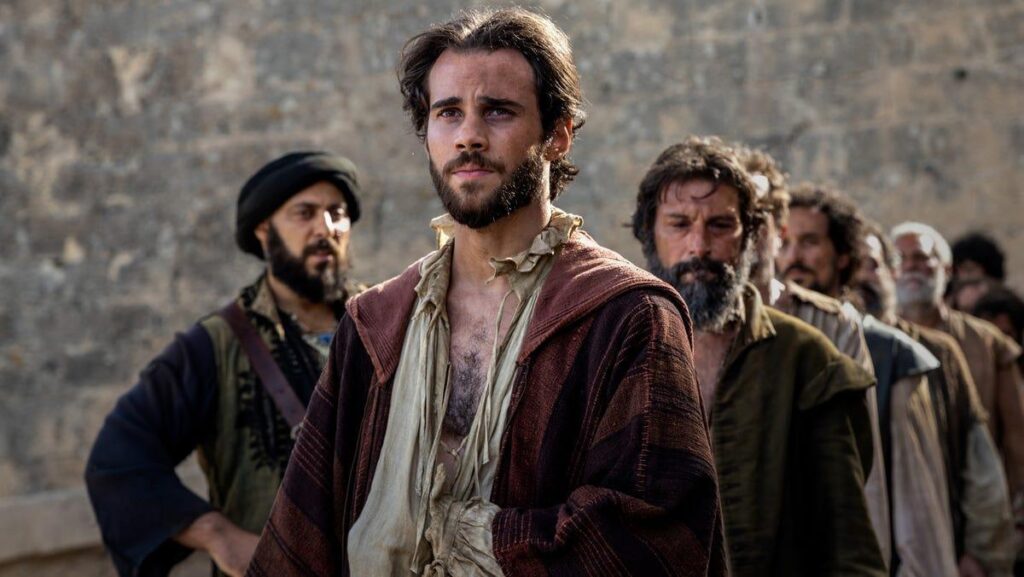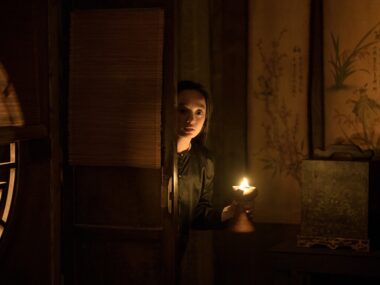For some inexplicable reason, the only association I had with Cervantes was his legendary novel Don Quixote, which I had read in childhood—more out of curiosity than my interest in him as an author. Unlike my enduring fascination with Austen’s wit or Shakespeare’s tragic genius, I had never paused to consider Cervantes the man: his journey through life, his friendships, or the adventures that shaped his worldview. So, when I first sat down to watch Academy Award winner Alejandro Amenábar’s El Cautivo, I walked in knowing only one thing—it was somehow tied to Cervantes. Everything else was a blank page waiting to be written.
The film captures the five harrowing years Cervantes spent in captivity in Algiers—a chapter of his life I knew nothing about. Let me just say: I had no idea how he truly became a storyteller until I watched it!
Starring Spanish actor Julio Peña Fernández as the legendary Miguel de Cervantes, the film delves into his harrowing journey as a wounded soldier captured and taken for ransom to Algiers in 1575. It follows his daring escape attempts, the unexpected blossoming of his storytelling gift, and a forbidden romance with the governor of Algiers, Hasán, the Bajá of Algiers, artistically portrayed by Italian actor Alessandro Borghi. Amid the bleak confines of his captivity, Cervantes deftly wields his imaginative prowess, ensnaring the attention of Hasán. What ensues is a mercurial and enigmatic rapport—one that inexorably reconfigures the trajectory of his destiny.

The film does not focus solely on his storytelling skills, but also on his friendships, his agility, his intelligence and his relationship with the Bajá which ultimately shaped his influence in Western literature. If you were a devoted storyteller and you stood at a crossroads between the love of your life and the chance to share your stories with the world, which would you choose? The heart… or the voice that gives it meaning? That’s what Amenábar opts to discover through this periodic biographical drama.
I did not see the homosexuality element coming in this film, so I was pleasantly surprised by the events that unfolded. That said, the cinematography of this film, implemented by Alex Catalán, transports you back to 1575 Algiers and provides insight into Cervantes’ perception of his own imprisonment.
The chemistry between the two lead actors is undeniable, as the film gracefully captures Julio Peña’s youthful and carefree portrayal of Cervantes, full of charm and curiosity, alongside Alessandro Borghi’s seasoned performance as Hasán Bajá, an enigmatic and quietly ruthless governor.

If history stirs your soul or books are your sanctuary, this film is an unmissable voyage. Immerse yourself in its rich tapestry and let its story ignite your imagination.
| Release Date: 2025-09-07 (TIFF) | Screenplay: Alejandro Amenábar |
| Cast: Julio Peña Fernández, Alessandro Borghi, Miguel Rellán, Fernando Tejero | Cinematography: Álex Catalán |
| Director: Alejandro Amenábar | Language: Spanish, Arabic, Italian |
| Runtime: 134 Minutes | Genres: Drama |











